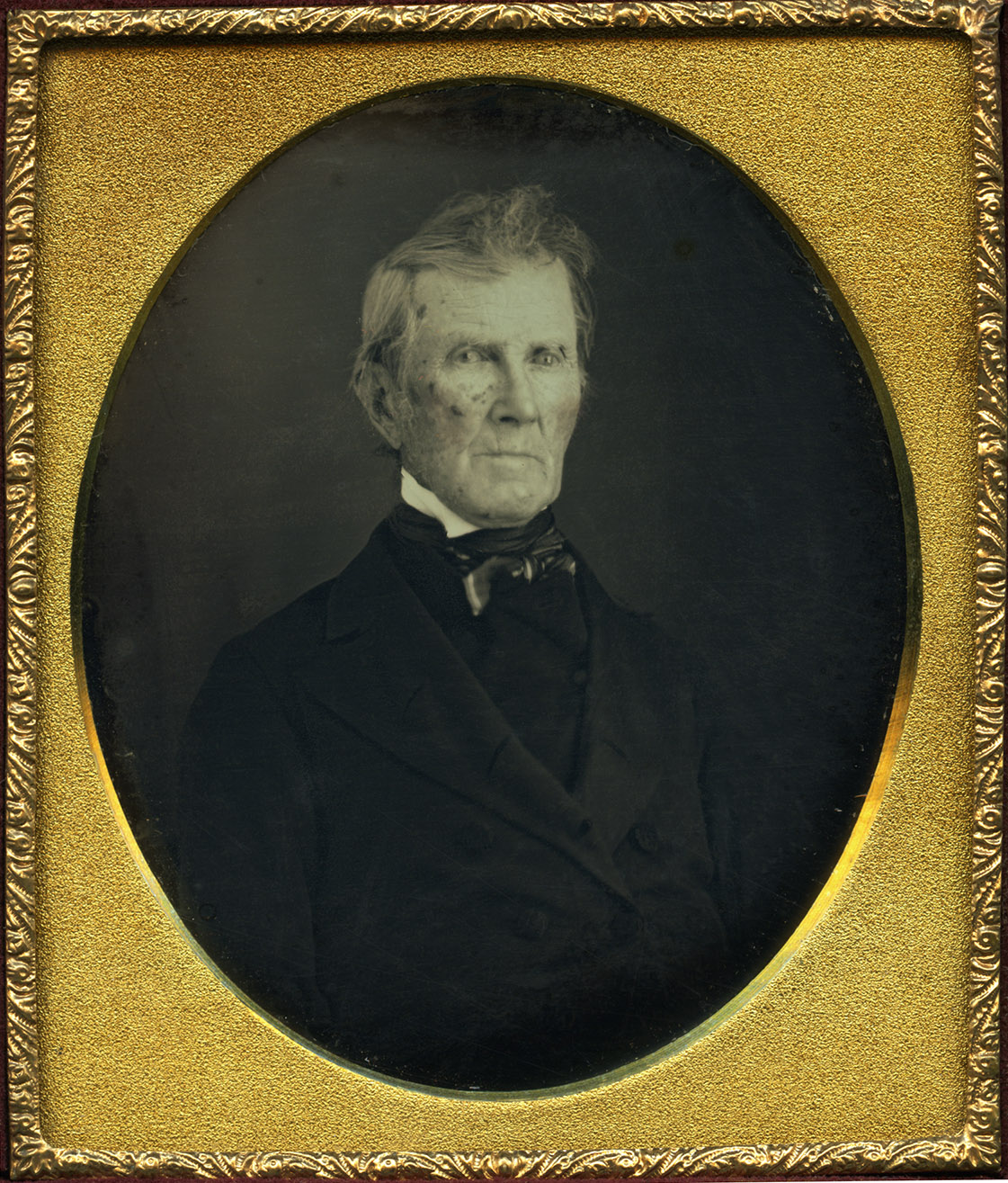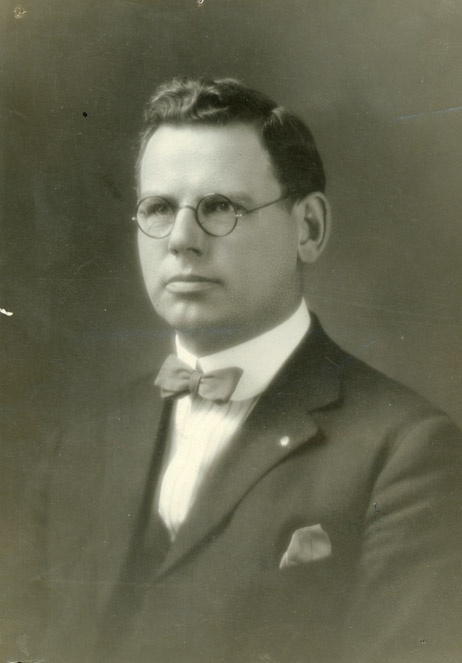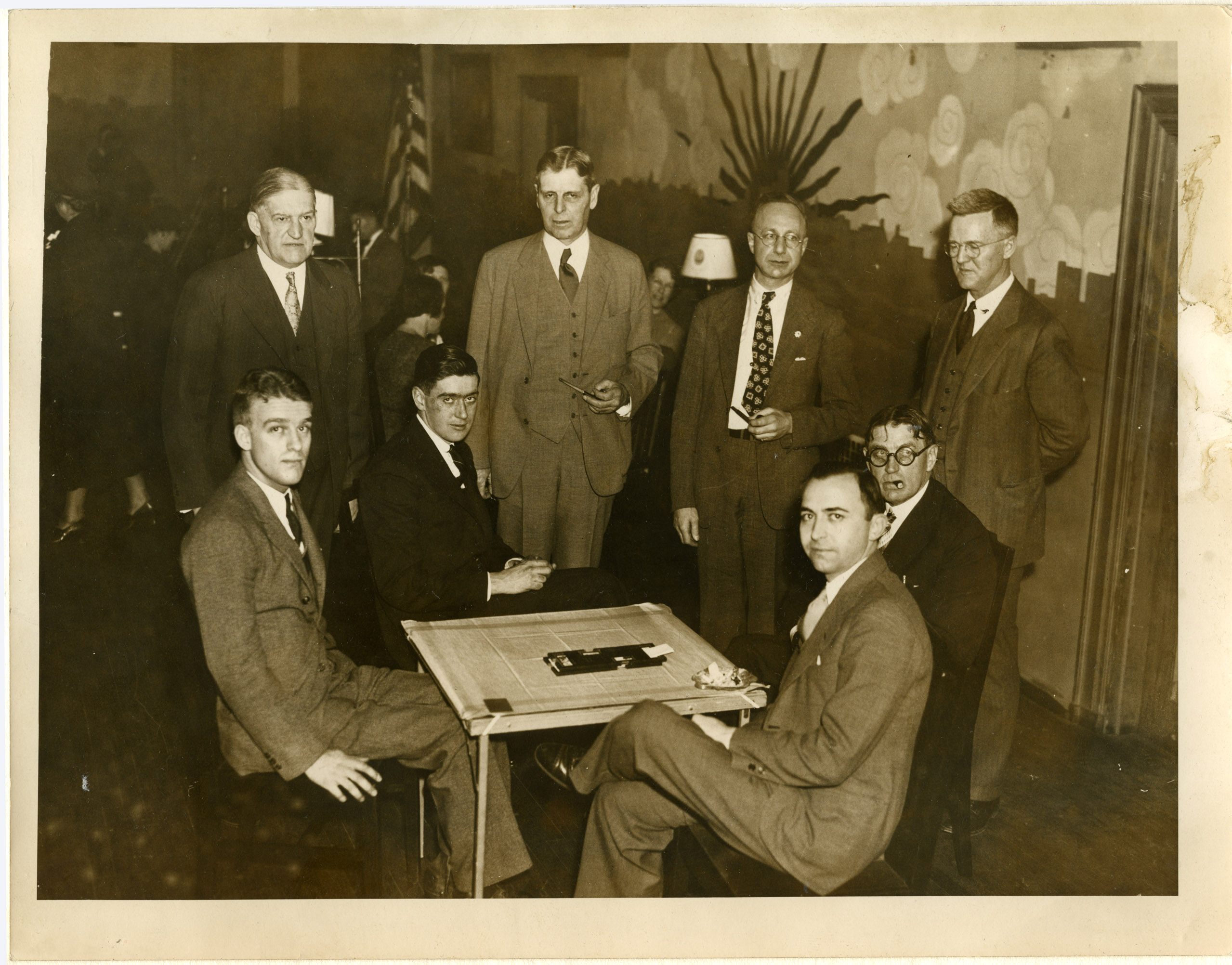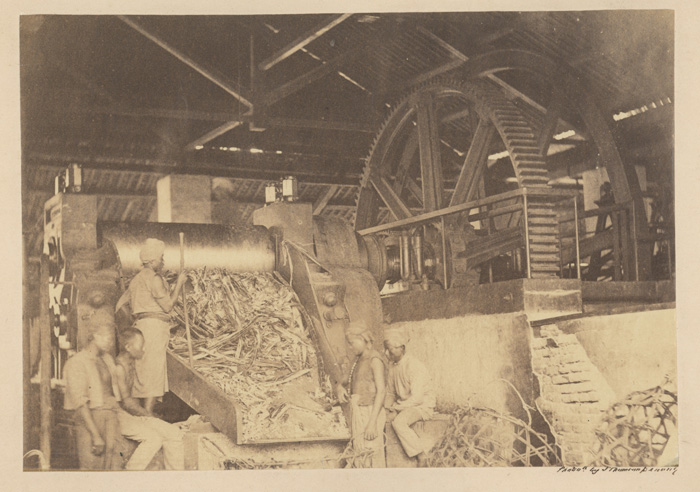Curtis B. Thorne Papers
ca.1976-1989
2 boxes 3 linear feet
Call no.: FS 153
Before joining the faculty of the microbial genetics department at UMass Amherst in 1966, Curtis B. Thorne worked as the branch chief at the biolabs in Fort Detrick from 1948-1961 and 1963-1966 where his research focused on Bacillus anthracis, the microbe that causes anthrax. During his tenure at UMass, Curtis applied for and received numerous grants for his continued research on the bacterium, including funding from the U.S. Department of Defense. While his research was centered on the genetics and physiology of the anthrax bacillus, with an emphasis on developing a vaccine, it garnered the unwanted attention of local peace activists in 1989. Protestors, who feared Thorne’s research was linked to germ warfare, picketed outside of his laboratory and demanded that the university reject Pentagon funding. Even though the university and the town of Amherst refused to limit Thorne’s research, he decided not to seek an extension of his contract with the Army in 1990, a decision he regretted having to make. Four years later, Thorne retired from UMass and was honored by his former students with a symposium and dinner. Thorne died in 2008 at the age of 86.
Thorne’s papers consist of lab notebooks and materials relating to the classes he taught at UMass Amherst. Many of the notebooks are related to his research on Bacillus anthracis as well as other microbes including Bacills thuringiensis. His papers do not contain any information related to the funding of his research or the controversy that later surrounded it.
Subjects
Bacillus anthracisBiological weaponsGeneticists--MassachusettsUniversity of Massachusetts Amherst--FacultyUniversity of Massachusetts Amherst. Department of MicrobiologyContributors
Thorne, Curtis B





